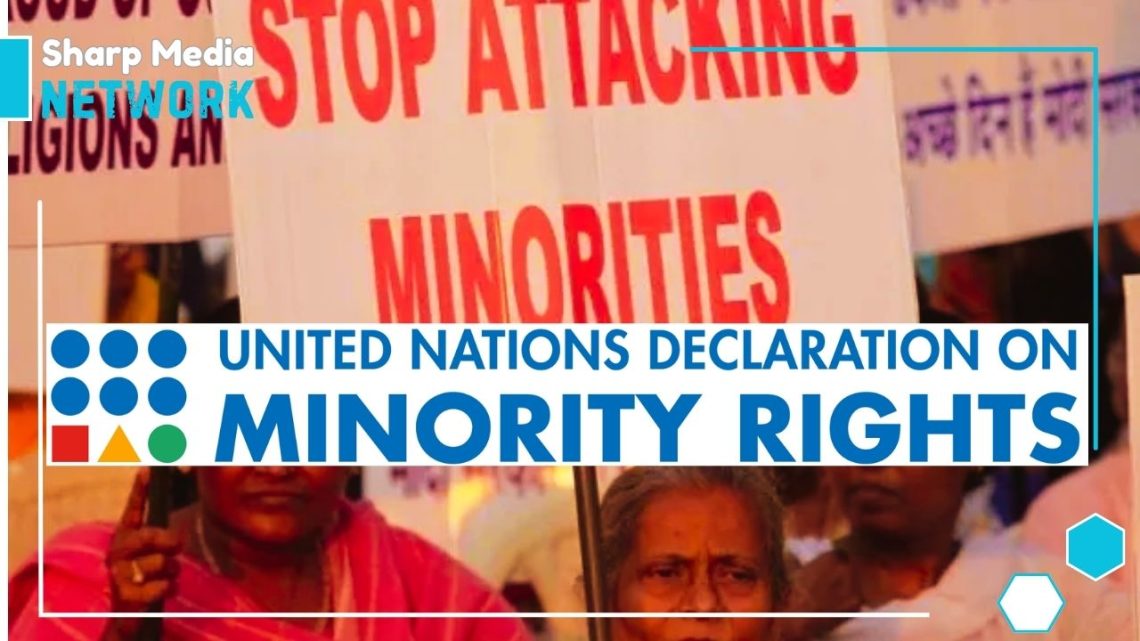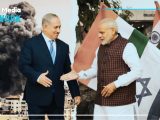
Recalling India’s Minority Rights Crisis on International Minority Rights Day
December 18, 2024India’s minorities face unprecedented violence and discrimination under a systemically intolerant regime.
December 18, International Minority Rights Day being commemorated today, highlights the UN’s 1992 declaration protecting national, ethnic, religious, and linguistic minorities. However, in South Asia, India’s treatment of its minorities paints a disturbing picture of violence, systemic discrimination, and rising socio-political polarization.
Under the BJP-led government, the rights of religious minorities, including Muslims, Christians, and Dalits, have been under severe threat. Intolerance and targeted violence are no longer isolated incidents but systemic trends.
Communal violence against Muslims and Christians has surged dramatically. A 2022 UN report documented over 2,000 incidents of communal attacks in 2019, resulting in deaths, injuries, and mass displacement. Human Rights Watch’s 2024 report directly criticized India’s government for suppressing freedoms, particularly targeting beef consumption among Muslims.
Mob lynchings have become a grim hallmark. A 2021 Indian National Congress report highlighted over 200 cases of mob violence targeting Muslims since 2014, primarily in Uttar Pradesh and Bihar. These attacks are often instigated by extremist rhetoric linked to Hindutva ideologies.
The situation in Jammu and Kashmir remains dire. A 2023 International Federation of Human Rights report detailed extrajudicial killings, arbitrary detentions, and violations that have escalated since the revocation of Article 370 in 2019.
Meanwhile, in Manipur, clashes between the Meitei and Kuki communities in May 2023 led to over 50 deaths and the displacement of thousands, particularly Christian Kuki families. Adding to this crisis is the alarming rise in mosque demolitions and church attacks. Religious Freedom Institute’s 2022 report documented over 30 mosque demolitions in sensitive areas, intensifying communal rifts.
Religious minorities, including Dalits, continue to face stark economic and social hardships. The 2006 Sachar Committee report revealed that 69% of Indian Muslims hold low-income jobs, with limited access to education. Caste-based violence also persists, with over 8,000 cases of atrocities against Dalits reported in 2021 by the National Crime Records Bureau.
A research study from 2019 revealed that 76% of Indian Muslims experienced direct discrimination, further validating the economic and social marginalization these groups endure.
India’s secular identity is under siege as Hindutva-aligned policies dominate the political landscape. The Unlawful Activities (Prevention) Act (UAPA) has become a tool to silence dissent, with over 500 individuals detained in 2021 alone. This erosion of free speech disproportionately targets marginalized communities and critics of government policies.
India’s shift toward a religiously exclusive identity threatens its democratic and secular foundations. Systemic targeting of minorities, rising communal violence, and suppressive policies reflect a deliberate drift toward exclusion and intolerance.

